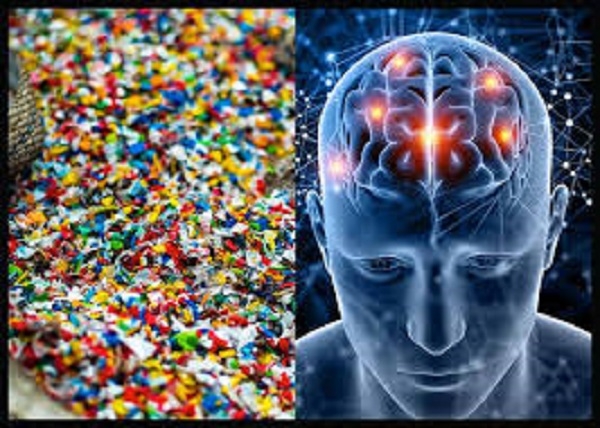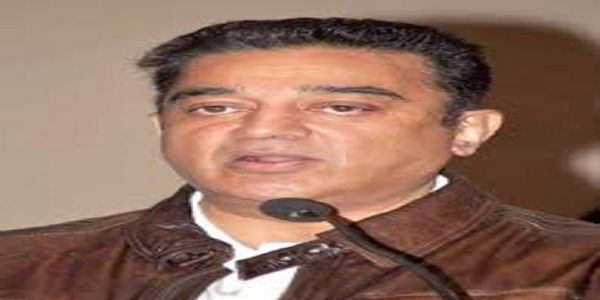
By Dr R B Chaudhary
A groundbreaking study has revealed that microplastics have infiltrated every recess of the human body, including the brain, liver, and kidneys. Scientists are racing to understand the effects of these tiny plastic particles on human health.
Researchers at the University of New Mexico have developed a method to isolate and track microplastics in human tissues. The study found that microplastic levels were 50% higher in brain samples from 2024 than in 2016 samples.
The study's lead author, Matthew Campen, estimates that he can isolate about 10 grams of plastics from a donated human brain, equivalent to the weight of an unused crayon.
Microplastics have been found in every corner of the planet, from remote islands to the deepest parts of the ocean. Scientists are now focused on understanding how these particles affect human health.
Studies have shown that microplastics can cause cell death, immune reactions, and tissue damage in human tissues. Researchers suspect that microplastics may be linked to cancer, heart disease, kidney disease, Alzheimer's disease, and fertility issues.
A landmark study published in March 2024 found that nearly 60% of patients undergoing heart surgery had micro- or nanoplastics in their arteries. Those with plastics in their arteries were 4.5 times more likely to experience a heart attack, stroke, or death within three years.
While the evidence is mounting, scientists caution that there is still no direct evidence that microplastics cause poor health in humans.
The field of microplastic research is rapidly evolving, with the number of studies published increasing from just 20 in 2014 to nearly 6,000 in 2024.
Researchers are developing new methods to detect and characterize microplastics, but standardization remains a challenge. The lack of standardization makes it difficult to compare studies and draw conclusive results.
As the world grapples with the growing problem of microplastics, scientists are urging caution and further research. The impact of microplastics on human health remains a mystery, but one that scientists are determined to solve. (Author is Associated with Hindustan Samachar Representative of Tamilnadu State)
---------------
Hindusthan Samachar / Dr. R. B. Chaudhary








